Do you feel certain genres stereotype men and women? Why do you think that happens? How do you prevent it in your writing?
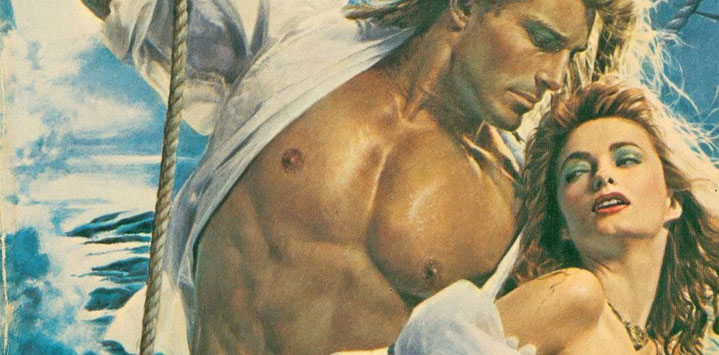
Some genres do stereotype both men and women. Sometimes, especially in the case of books with a historical setting, it’s hard not to stereotype because it is the stereotypical man or woman of that era that gives the story its historical flavor. In real life, Deborah Sampson, who disguised herself as a man in order to join the army and fight in the Revolutionary War is an exciting exception to what women were like in the late seventeen hundreds and while it’s within reason to write about a heroine in her mold, it doesn’t show what society was really like at the time. So most authors stick to creating heroines more like Abigail Adams. The same goes for their heroes. A man who bathes the children and reads them stories might be typical of fathers in today’s world but he would have been an oddity in, say, Regency England.
But beyond the need to make a time and place believable, breaking out of the stereotype makes a hero or heroine more memorable and sets the story apart from hundreds or thousands of others. Action/Adventures nearly always involve an Alpha male, short on introspection and long on smarts, courage and physical prowess. While I’m a huge fan of Jack Reacher and Mitch Rapp (Lee Child and Vince Flynn) how much more impressive and memorable would be a man who not only doubts himself, but whose friends and colleagues see as a Beta personality, more likely to follow than to lead. And suddenly this man is faced with the unthinkable and he rises to the occasion. He possesses more ability than he knew, more determination to get the job done in spite of his self-doubts, and triumphs against all odds. Wouldn’t this hero stand out in the crowd?
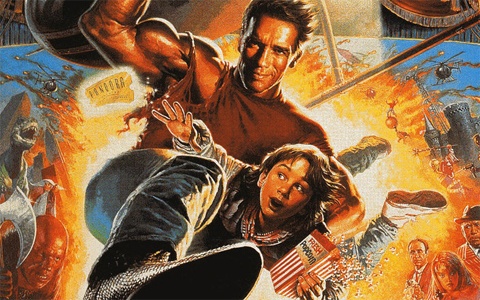
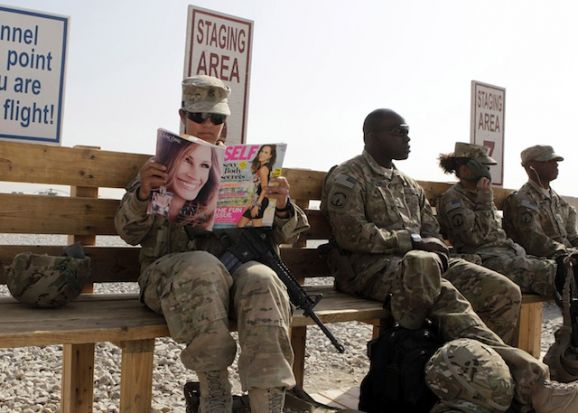
As for romance – stereotypes have been and still for the most part, are the norm. How many slightly overweight, less than drop-dead gorgeous or over 40 heroines have you seen in a contemporary romance? Most heroines are spunky, smart, brave, slender and beautiful. And how many heroes are not Alpha males? Most often wealthy, or titled, or wildly successful in their careers? And tall, muscled, and handsome? They are CEOs not salesmen, Navy SEALS not Navy cooks, cowboys rather than clerks at the feed and grain store.
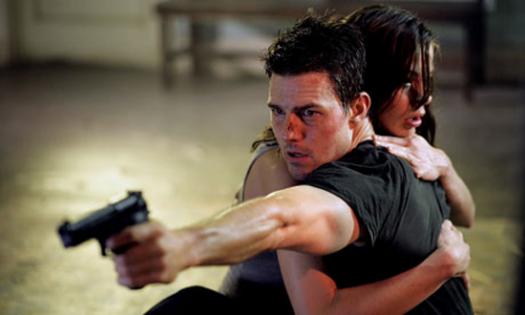
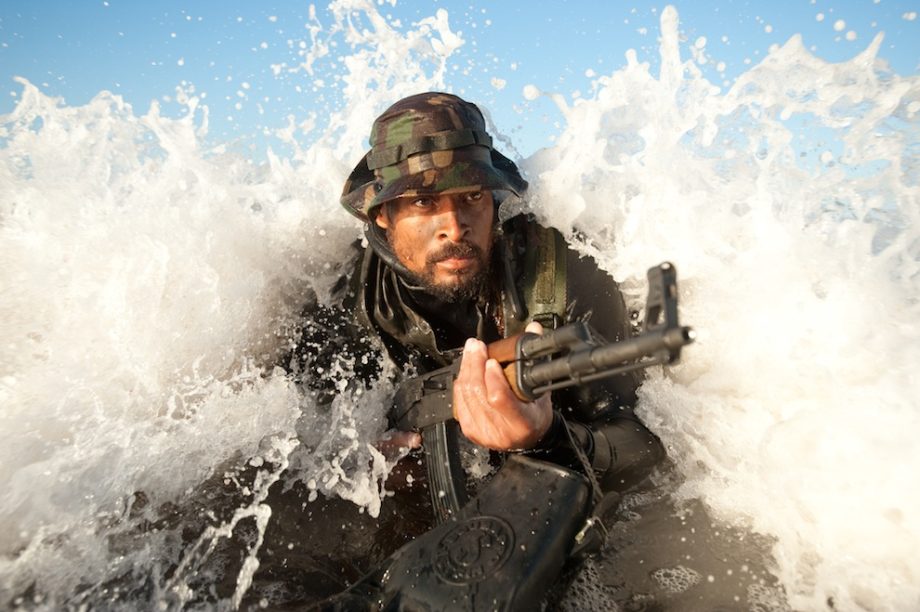
In my lifetime I’ve read hundreds of romances and of all of them one of the few heroes I have never been able to forget is Jesse Best, from Simple Jess, by Pamela Morsi. I’ve fallen in love with dozens of wonderful heroes in books by so many different authors, but days, or weeks or sometimes months after I’ve put the book away, I can’t even remember the hero’s name any more, never mind the plot. But Jess stands out. He’s not smart, or wealthy or accomplished. An accident of birth has left him with less than average intelligence, but he has been blessed with good instincts, pure intentions, excellent work ethics, enduring patience, and gentleness. As the story begins, his most pressing need is to prove that he is a man worthy of being called a man. He has the desires and dreams of a man, to have a wife and a farm and a family, but no one in his community believes that’s in his future. And that is what makes him stand out in my memory. Ms. Morsi colored so far outside the lines that I’m convinced only her reputation got this book into print back when it first came out, but by deviating from the stereotypical, alpha male in the romance genre, she created a totally wonderful hero. Check out the reviews now that the book has been re-released. I’m not the only one who holds this opinion. Which leads me to believe that other readers are just as eager for heroes and heroines that don’t fit any stereotype, who finagle their way into our hearts and memories because of they are different.

I’d like to believe I might one day create a hero or a heroine as unforgettable as Jesse Best, but in the meantime, I strive to fashion my characters from the bits and pieces of ordinary people. I admit to devouring all of Suzanne Brockmann’s books featuring Navy SEALS – all of them brave, strong men who loved the heroine the way all women want to be loved - but today I cannot recall a single one of those bigger-than-life heroes’ names, or any of the storylines. They were all stereotypical Alpha male romance heroes, but they were not memorable. The more authors think outside of the stereotypical box, the better and more lasting the impression their characters will leave in our hearts. In my efforts to create this kind of character, I consider people I know and like. Men who may be attractive, but not handsome, strong but don’t sport six-pack abs, men who have ordinary jobs that they do well and faithfully and women who aren’t all legs and slender bodies, but who manage to juggle motherhood and careers with humor and success. And I ask myself, what is it about these people I admire? What makes them special? Then I start building my characters and pray that someday someone will tell me they loved one of my characters the way I love Jesse Best.
Check out how these authors view the stereotyping of characters in today's world of publishing: 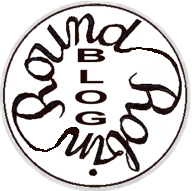
Beverley Bateman http://beverleybateman.blogspot.ca/
Connie Vines http://connievines.blogspot.com/
Rachael Kosinski http://rachaelkosinski.weebly.com/
Anne Stenhouse http://annestenhousenovelist.wordpress.com/
Fiona McGier http://www.fionamcgier.com/
Helena Fairfax http://helenafairfax.com/
Rhobin Courtright http://www.rhobinleecourtright.com/